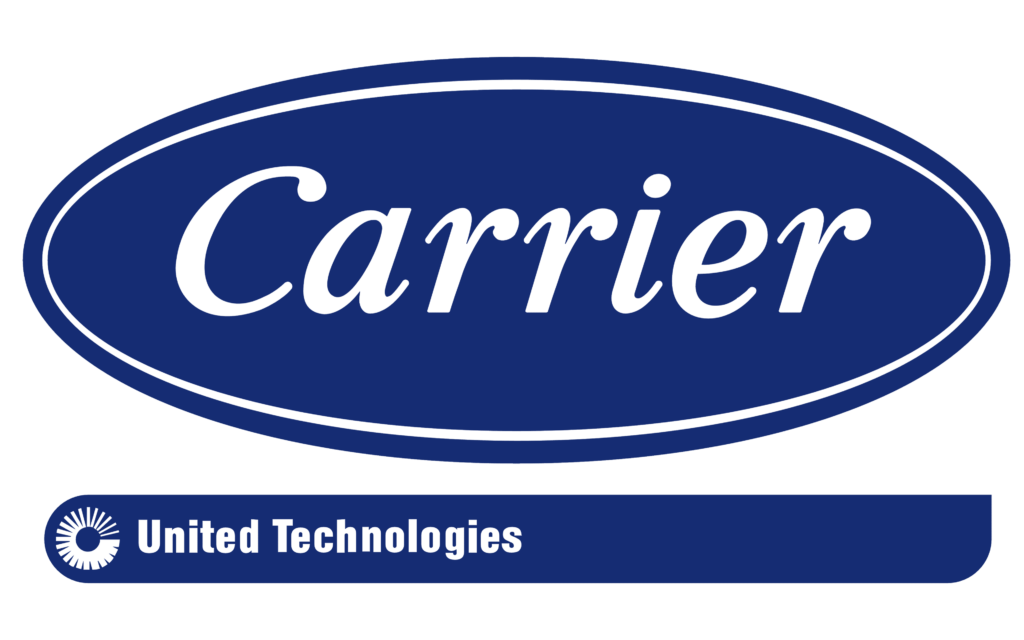What’s More Important than the Air You Breathe?
We’ve covered indoor air quality in the past. But we also understand that not everybody reads everything we post. So every once in a while we’ll revisit a subject that is of the highest importance to what we do. And indoor air quality is of great importance not only to the HVAC business, but to homeowners as well. After all, you can’t live without air and indoor air quality is well … a pretty big deal!
Air conditioning is as much about comfort as it is about health. And indoor air quality is directly associated with your need to breathe, so here are some important things to know about indoor air quality.
Common contributors to poor indoor air quality:
Pet dander
Pollen
Bacteria
Airborne viruses
Carbon Monoxide
Mold
Mildew
Household Chemicals
Radon
Outdoor air vs Indoor air
People typically spend more time indoors than outdoors. From your home to your job, you likely breathe more indoor air than outdoor air on a daily basis. According to the Environmental Protection Agency, human exposure to air pollutants may be a lot higher than outdoor levels. In Florida, mold is a particularly significant contributor to poor indoor air quality due to high humidity.
So while people might struggle to breathe due to high levels of pollen and pollution outdoors, they might not fare better indoors if the air quality is bad. Long-term exposure to mold, dust and other indoor air pollutants leads to serious respiratory problems down the line. Since studies have shown that indoor air quality can be worse than outdoors, evolving HVAC technologies are bringing ways to move outdoor air in to minimize issues with indoor air quality.
Ventilation
The “V” in HVAC stands for Ventilation. And natural ventilation, which describes air movement through open windows and doors, can improve indoor air quality. One way of lowering indoor air pollutants in your home is to increase the amount of outdoor air intake. And natural ventilation can be beneficial at times when humidity levels are lower in Florida. So if the humidity is high, it’s best not to open your windows for long periods of time because it could lead to mold growth in places like closets and cabinets where there’s not much ventilation.
Poor ventilation can also ruin indoor air quality because proper air circulation reduces moisture in the air. So if your home feels stuffy or you see condensation around the house, its ventilation is probably poor. Scheduling AC maintenance at least once a year can help reduce moisture indoors and allow an AC professional to identify ventilation issues in your home.
Ductwork
Modern homes are built with energy efficiency in mind. And duct systems are often built tighter to save energy, which could cause ventilation concerns. Dirty or leaky ductwork can negatively impact your indoor air quality. So it’s important to have your ductwork inspected and cleaned at least once every few years. Super Heat, Air, and Plumbing offers top-notch duct cleaning service, and we can easily identify and repair any ductwork issues to purify your air and greatly reduce the amount of pollutants that can make their way into your home.
Change Your Air Filters
We’ve mentioned it over and over again, and we’ll mention it again: change your air filters! Doing so at least every 3 months significantly helps improve indoor air quality. Air filters keep out dust, pollen and other airborne pollutants that affect your health. And a dirty air filter reduces airflow, which increases energy consumption and could damage your AC system. Always check your air conditioning system’s air filters and replace them when they’re clogged or dirty. We advise changing them every 90 days if you don’t have pets and every 60 days if you do. And if you have more than one furry friend or suffer from allergies, replace your air filter every 30 days.
Get a High Efficiency AC system
Keeping your indoor air quality clean requires constant airflow moving through your air conditioning system. And higher efficiency AC systems run at lower power for longer periods of time, which keeps the air flowing constantly. This not only improves your indoor air quality, but saves you money by being more energy efficient. If you’re not ready to buy a new AC system, you can have a high efficiency air filtration system installed in your home. It can work with your existing HVAC system to deliver cleaner air to your home.
Keep Humidity Low
Humidity makes the air feel hotter than it actually is. In Florida we are constantly running our AC systems because it feels hot during times of high humidity. Your central air conditioning system removes moist, humid air from your home. As we mentioned before, high humidity can cause mold growth, which leads to greater health problems. The American Society of Heating, Refrigerating, and Air Conditioning Engineers (ASHRAE) recommends keeping humidity levels inside your home somewhere between 30-60%.
Additional tips for improving indoor air quality
Clean and vacuum your home at least once a week
Monitor pest control to keep your home free of bugs
Wash dust-collecting linens such as bedding, curtains and stuffed toys regularly
Use eco-friendly cleaning supplies instead of chemical-based household cleaners
Ensure proper ventilation for all gas appliances
Don’t smoke tobacco products indoors
Keep your windows closed during times of high humidity and pollen
Use ventilation fans in bathrooms, kitchens, attics and basements
Your AC System is Your Friend
That’s right, your air conditioning system is your best friend when it comes indoor air quality. As we mentioned, air conditioning is more than just about comfort. Your AC system provides cool air, but it helps control indoor air quality as well. When maintained properly, it provides clean air and does wonders for your health! This is especially true for high efficiency AC systems, which are designed with evolving technologies to provide cleaner indoor air.

Ready to improve your indoor air quality? Call Super Heat, Air, and Plumbing anytime and schedule an appointment!


